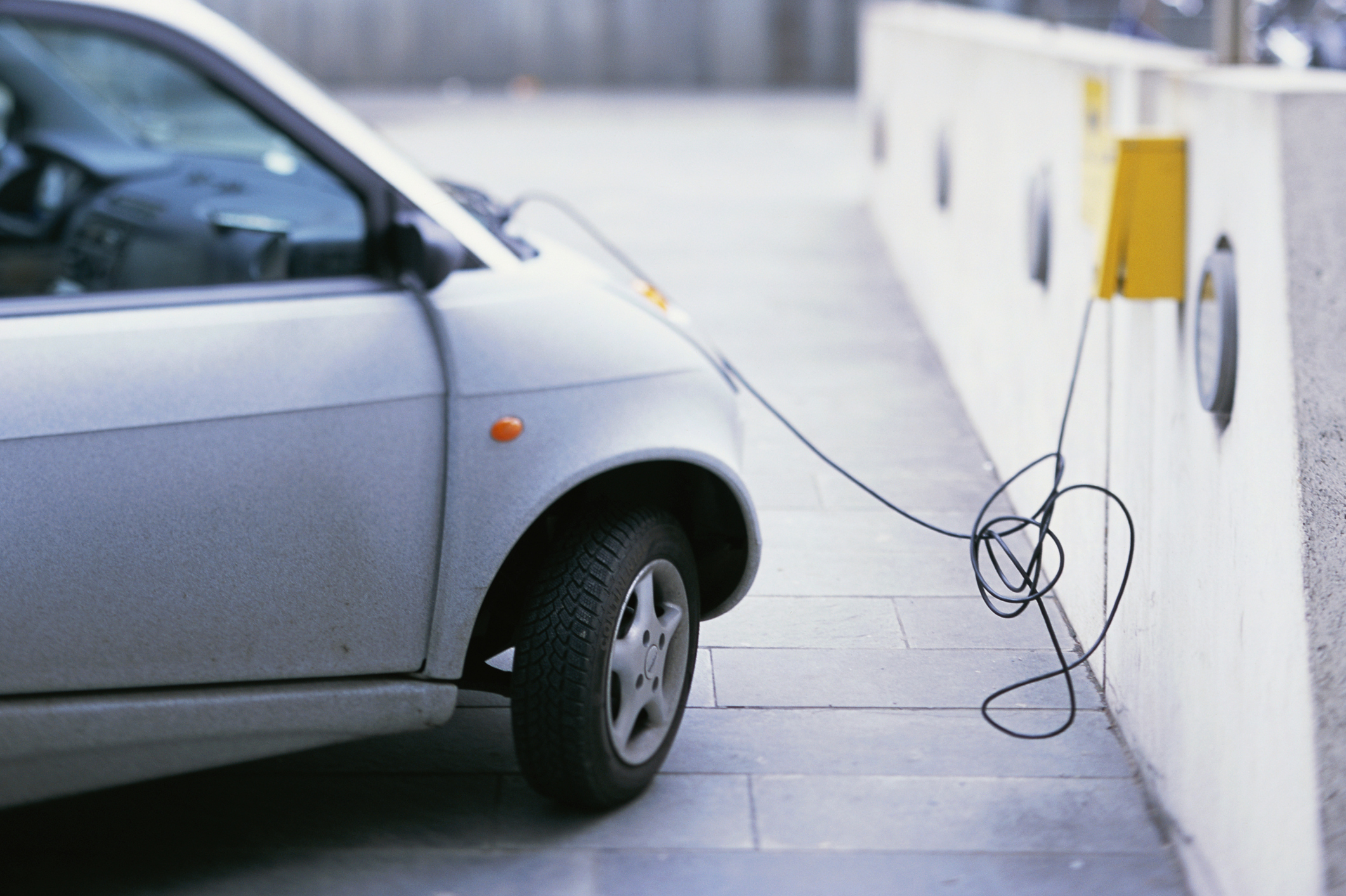The European Parliament has approved a relaxation of emission rules to help manufacturers avoid additional fines, offering relief to the already struggling European car industry.
With 458 votes in favour, 101 against and 14 abstentions, MEPs on May 8 backed the European Commission’s proposal to tone down the strict regulation that was already agreed upon.
They cited “rapid technological changes and increasing competition” as the reason for the change of course.
The approved changes would allow manufacturers to meet their emissions targets for 2025, 2026 and 2027 by averaging their performances over the entire three-year period, rather than on a yearly basis.
This approach gave them flexibility to offset higher emissions in one year by coming in under their targets in another.
The EP had agreed on May 6 to fast-track the proposal under its urgent procedure mechanism.
For the draft law to take effect, it now needed formal approval from the European Council, which had endorsed the same text on May 7.
Volkswagen’s net profit plummeted by more than 30 per cent in 2024 compared to the previous year. https://t.co/eW5psqYo9T
— Brussels Signal (@brusselssignal) March 11, 2025
The European Automobile Manufacturers’ Association (ACEA) reacted positively to the turnaround, saying it offered “much-needed flexibility”.
“The introduction of a three-year averaging mechanism is a step in the right direction that acknowledges the complexities and the ongoing difficulties of the automotive market, with slow market uptake and a lack of domestic value chain for batteries,” Sigrid de Vries, the ACEA director general, said in a press statement.
She stressed, though, the need for “a long-term decarbonisation strategy including more charging stations, purchase and tax incentives, fairer energy prices while keeping the industry a competitive powerhouse and securing the EU’s strategic autonomy on critical technologies”.
According to ACEA, short-term flexibilities alone would not be enough to get the “green” transition back on track. A key part of shaping a long-term decarbonisation strategy would be the upcoming review of the CO₂ regulation for cars and vans, as outlined in the European Union’s Automotive Action Plan.
Green environmental NGO Transport & Environment (T&E) said it regretted the decision of the EP, calling it “an unnecessary gift to the auto industry just as electric car sales are surging in Europe”.
“It will only serve to hold back the transition to EVs and undermine investment certainty in European manufacturing,” the NGO said in a press release.
“It’s ironic that the EU is delaying emissions targets for the car industry just as EV sales surge,” said Lucien Mathieu, cars director at T&E.
“The boom is thanks to new, more affordable models that the carmakers launched to comply with the original EU target. This delay will allow the industry to take the foot off the gas for the EV roll-out while also slowing down investments,” he added.
The EU’s original rules pushed vehicle manufacturers to cut CO2 emissions from new cars and vans to fight climate change.
By 2020, cars had to average 95 g CO2/km and vans 147 g/km. From 2025, emissions needed to drop 15 per cent from 2021 levels, then 55 per cent for cars and 50 per cent for vans by 2030.
By 2035, all new vehicles had to be zero-emission.
Carmakers would have earned bonuses for selling low-emission vehicles and face fines for missing targets. The rules used real-world tests and would allow small companies some leeway.
It would have greatly benefited electric-car makers such as Tesla or the many Chinese brands, all much more competitive than their European counterparts.
Volkswagen, Stellantis and Renault benefited most from the policy change, as they accounted for over half of all new vehicle registrations in the EU and were expected to have faced difficulties meeting CO₂ targets this year.
Just a few days ago, the bosses of Stellantis and Renault warned about what they called the EU’s “disastrous” regulations.
The European car market was said to be in great peril because of “green” overregulation from Brussels, killing the industry. https://t.co/lBgP9QtKyW
— Brussels Signal (@brusselssignal) May 7, 2025





